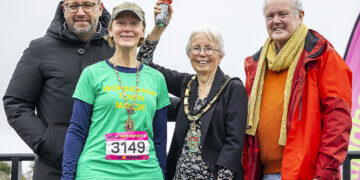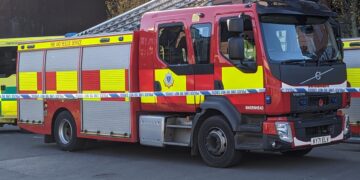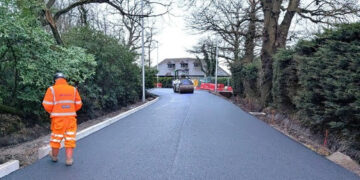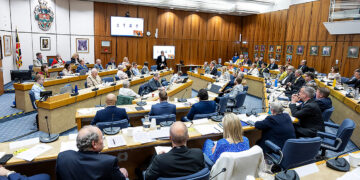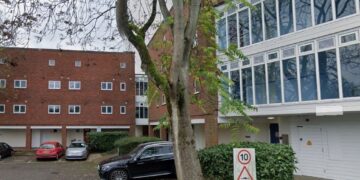I was against the Coalition government’s proposal to attack the Assad government in Syria in 2013, which Parliament blocked. I approached this latest proposal with concerns. I attended various briefings and meetings to understand more of the complex and fragile position in Syria. I had a private discussion with the Prime Minister and talked to other senior Ministers about their plans.
My first priority is to improve the security of our homeland. I have urged the government to spend more money and effort on policing our borders, and on intelligence gathering so we are aware of movements of people and weaponry that could be used against us here at home. I am pleased the government has now announced extra people and money for counter terrorism research, and is promising better action at our borders. I am still not fully satisfied about border control in view of the way terrorists were able to cross EU internal and external frontiers so easily for the French attacks, and will continue to press for better action in this crucial area.
My second priority was to stress the need for any bombing campaign in Syria to be linked to a ground campaign by forces capable of dislodging ISIS from their strongholds. This force also needs to be able to supply well informed intelligence to those commanding the Allied bombers, both prior to attacking a target and afterwards to report the damage done and whether it was a success. Precision bombing is essential, especially in civilian areas, but is only as good as the intelligence that drives it.
During the discussions I was not satisfied that the Syrian Free Army does represent a competent and available force to recapture Raqqa and to help direct our smart bombs and missiles to targets. The position is different from that in Iraq where we are acting at the request of the Iraqi government and with their ground forces in support. I am not in favour of bombing without a winning strategy that can make things better.
My third priority was to draw government attention to the crucial need for diplomatic and political work to pursue a peace process. I am pleased that the main regional powers, Russia and the USA are now in dialogue. I understand how difficult it is going to be to find a peaceful solution to the Syrian civil war and to find a way of governing Syria in a peaceful and democratic way as one country. The West needs to show understanding of the local and regional forces and needs, and to consider what might be the basis for restoring some law and order and functioning administration in these areas. The Kurds who have proved effective fighters against ISIS will of course want some independent government in the areas they are taking in Iraq and Syria.
The government’s motion was narrow reflecting the concerns many of us had. It limits their action to bombs against ISIS only in Syria, and “acknowledges the importance of seeking to avoid civilian casualties” and accepts that a political strategy is important. I decided however, that without further work on the issues of a political settlement and without credible ground forces to steer and monitor any aerial bombs I was unable to vote for the statement authorising airstrikes immediately, so I did not vote for the motion.
I share their wish to pursue peace in Syria and to take action against terrorism and the ISIS threat and agree with the rest of the motion so I did not take the further step of voting against.



